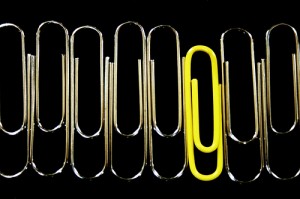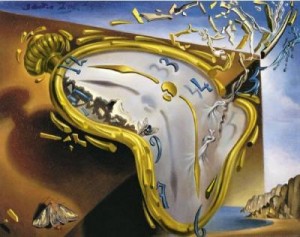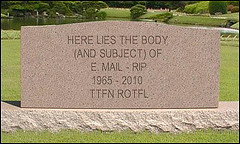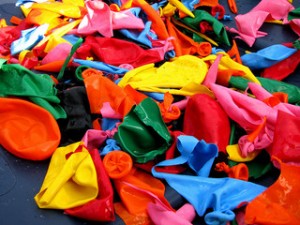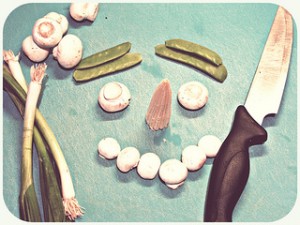Why are some people more creative than others? Is it possible to become more creative? The answer is a definitive yes, but you have to consciously cultivate it. In the words of Jack London “You don’t wait for inspiration, you go after it with a club.” So clubs in hand, let’s look at 3 simple tips:
1) Define the problem and the solution
This may seem ridiculously obvious, but I can’t emphasize it enough. The more time you spend becoming completely clear about the problem you are facing, as well as what the ideal solution looks like, the more quickly you will find the answer. A problem may have more than one solution, so make sure know what the desired outcome is.
Write it out. This engages more of your brain and will help you move more quickly to the answer. In my experience, an hour spent at the front end of a problem will save 10 on the back end.
2) Focus exclusively on the problem
Multi-tasking is a creativity killer. Teresa Amabile, who heads the Entrepreneurial Management Unit at Harvard Business School, found in her research that distractions create a major drag on creativity and prevent in-depth focus on a problem. Going deep into the problem is essential. Your left-brain wants all of the details, the facts, and minutiae.
3) Just walk away
This is perhaps the most critical step and the one that is most often overlooked or ignored. After a period of time – generally no more than 1 ½-2 hours – walk away from the problem and distract your conscious mind with an unrelated task. Something you enjoy that relaxes and re-energizes you – music, Sudoku, gardening – you get the idea. This gives your right brain and subconscious the necessary space to make connections across the brain to the vast amounts of data and experience that lead to insights and breakthroughs.
Most everyone has had the experience of a problem or solution presenting itself at the strangest moment, but only after you had stopped searching for it. Mozart wrote that the remarkable 3-D visions of music that appeared in his mind came most often when he was walking after a meal or riding in a carriage – rarely when he was sweating over his keyboard.
Make sure you keep a recording device (most all smart-phones have them), or go old-school and keep and pen and notebook handy to capture the flood of ideas. In my experience those flashes of insight may only last for – well, a flash.
Repeat this cycle as necessary and as often as you like. As we’ll see in future posts, this “Creative Cycle” matches up perfectly with the “Energy Cycle” that will allow you to create more energy and bring your creative ideas to life.
I’d love to hear your experience with these techniques. What else have you found that boosts your creativity?

